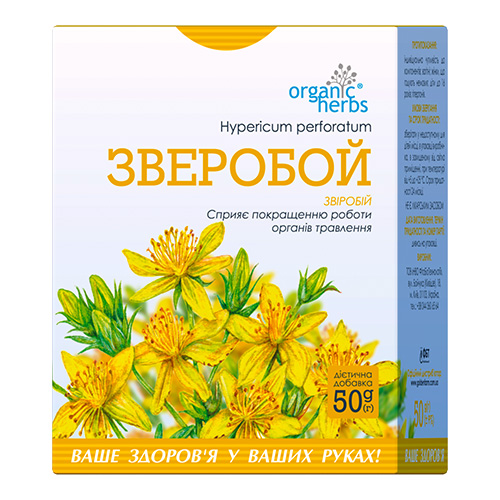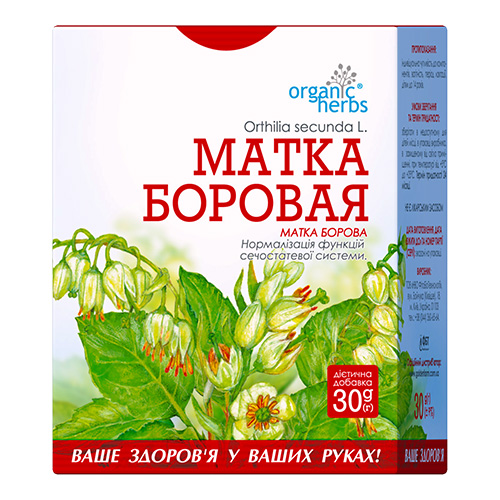Flaxseed continues to be an increasingly popular ingredient, frequently added to meals and snacks due to its pleasant nutty taste, versatility, convenience and health-beneficial properties.
The cultivation and consumption of flaxseed by humans can be traced as far back as 3000 BC, to the ancient kingdom of Babylon in modern-day Iraq, where the seeds were a valued food source and the fibres were used for linen production. In the 8th century it is documented that King Charlemagne believed so strongly in the health attributes of flaxseed that he passed a law to command his staff to consume flaxseed daily.
Current research has provided evidence to credit the health benefits of past beliefs. Through to present day, flaxseed has seen a large increase in use and demand due to the evidence of health-protecting properties. Flaxseed particularly has been attributed to reduction of risk of diabetes mellitus, obesity, some cancers and heart disease.
Flaxseed boasts an impressive nutrient profile, being a rich source of protein, fibre, essential fatty acids and vitamins. Flaxseed is a great source of the essential omega-3 fatty acid alpha linolenic acid (ALA), which can be converted to EPA and DPA by the body.




